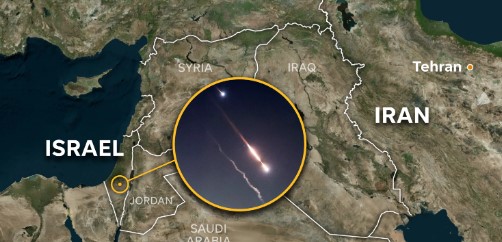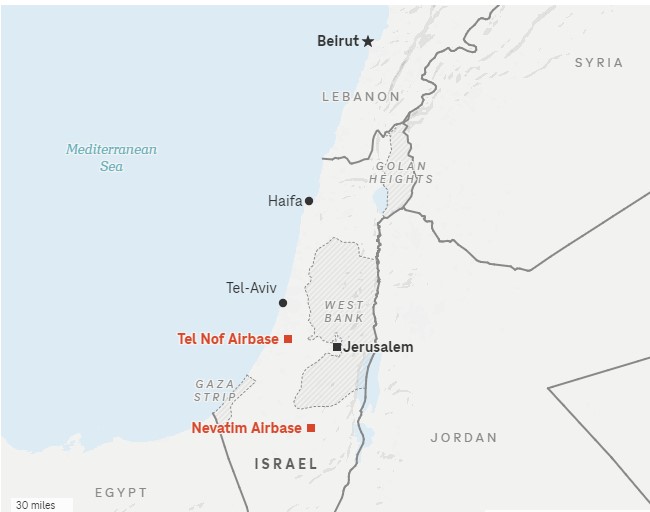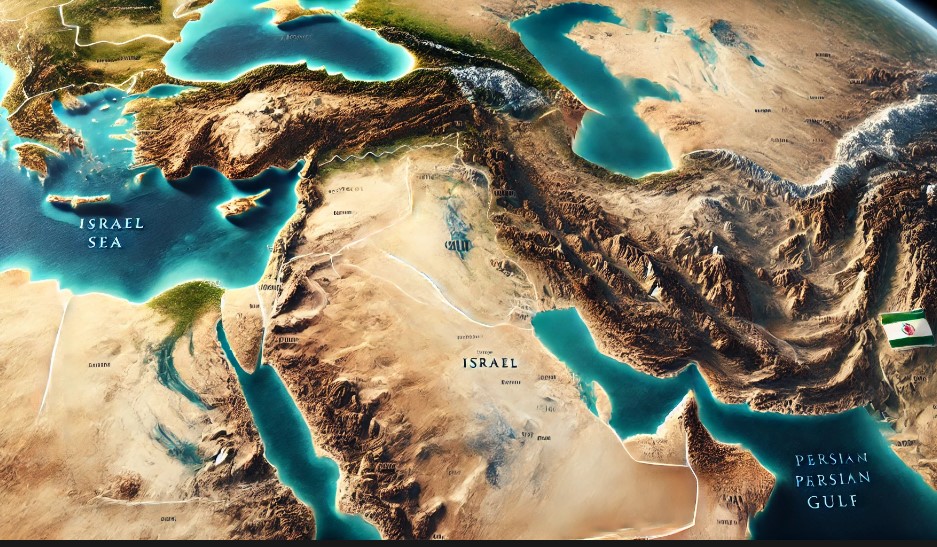Historical Roots of Rivalry: The animosity between Israel and Iran traces back to the aftermath of the 1979 Islamic Revolution, which transformed Iran from a U.S. ally into a leading adversary of Israel. The new Iranian regime’s rhetoric and support for anti-Israel groups marked a turning point, solidifying a long-standing geopolitical conflict.
The Nuclear Flashpoint
At the heart of the tensions is Iran’s controversial nuclear program. Israel perceives the potential for Iran to develop nuclear weapons as an existential threat. The Israeli government has consistently warned against Iran's advancements and has hinted at preemptive military action to thwart its nuclear ambitions.
Military Posturing and Capabilities
Israel boasts a highly advanced military, including sophisticated air force capabilities and missile defense systems. In contrast, Iran employs asymmetric warfare strategies, utilizing proxies like Hezbollah and Hamas to exert influence across the region, complicating Israel’s defense calculations.
Recent Escalations
Skirmishes have intensified in recent years, particularly in Syria, where Israeli forces have conducted airstrikes on Iranian military installations. These operations aim to disrupt arms transfers to Hezbollah and other militia groups. The ongoing conflict has seen an uptick in drone warfare and cyber-attacks, showcasing a new dimension of modern warfare.
Regional Implications
Iran’s influence stretches across Iraq, Syria, and Lebanon, raising alarms in Israel about encirclement by hostile forces. The establishment of new alliances, especially following the normalization of relations between Israel and several Arab states, is reshaping the geopolitical landscape, potentially isolating Iran further.
The Role of Global Powers
U.S. involvement remains crucial. Shifts in American foreign policy have significant ramifications for Israel-Iran relations. The Biden administration’s approach to diplomacy with Iran contrasts sharply with the more aggressive stance of the previous administration, influencing regional stability.
The Path Forward: War or Deterrence?
The future remains uncertain. A full-scale war could devastate the region, while a continuation of proxy engagements appears more likely. Both nations seem to be navigating a precarious balance between deterrence and aggression, with the potential for miscalculation always looming.
The Israel-Iran conflict is characterized by a complex interplay of historical grievances, military strategies, and regional ambitions. As both nations remain on high alert, the specter of war continues to overshadow the Middle East, demanding close attention from global observers.
"Wars yield no true victories, leaving behind only loss, casualties, and grief. Lives and homes are destroyed in conflict-ravaged lands; loved ones are lost. Yet, amid this devastation, we aim to bring our readers an unfiltered glimpse into the heart of the war zone."
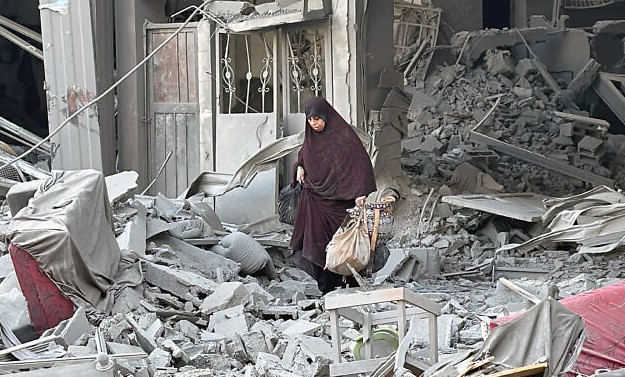
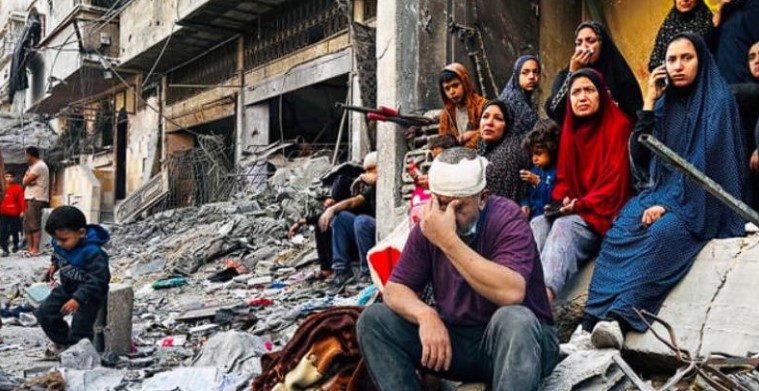
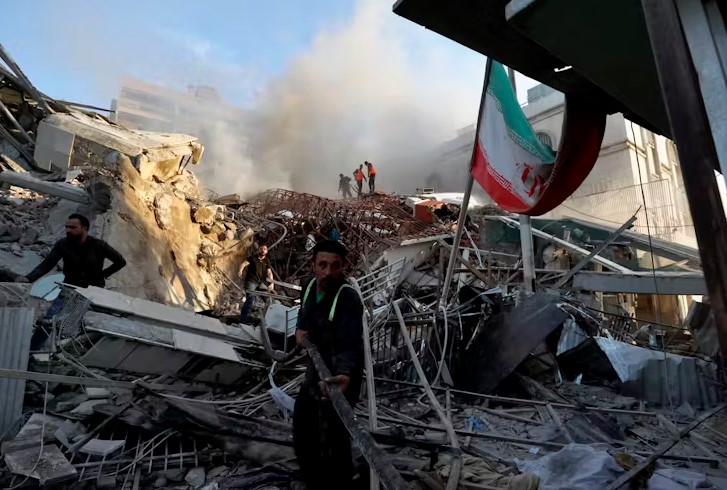
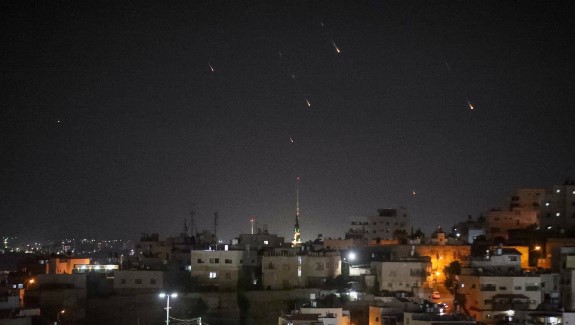
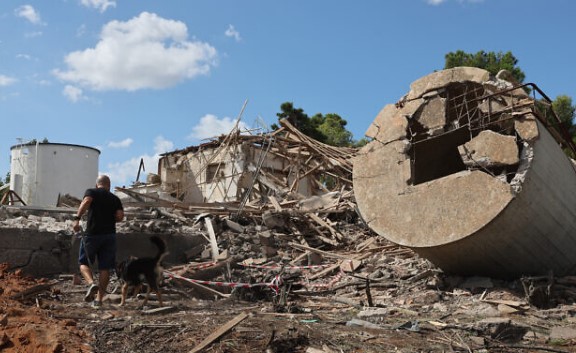
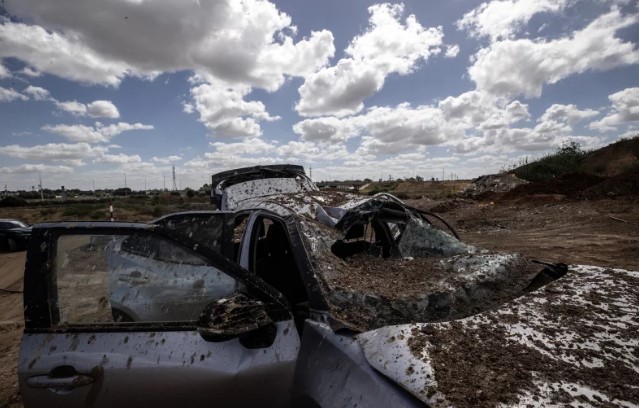
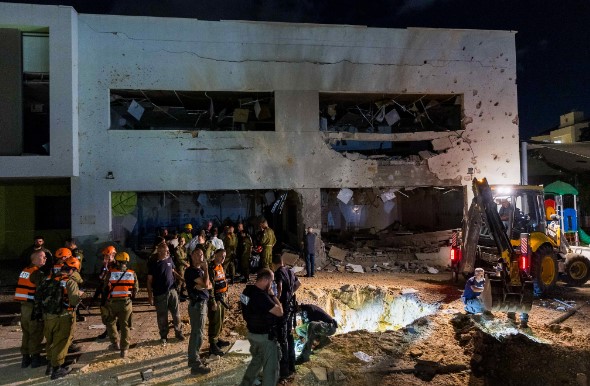
Some satellite images: From respective sources
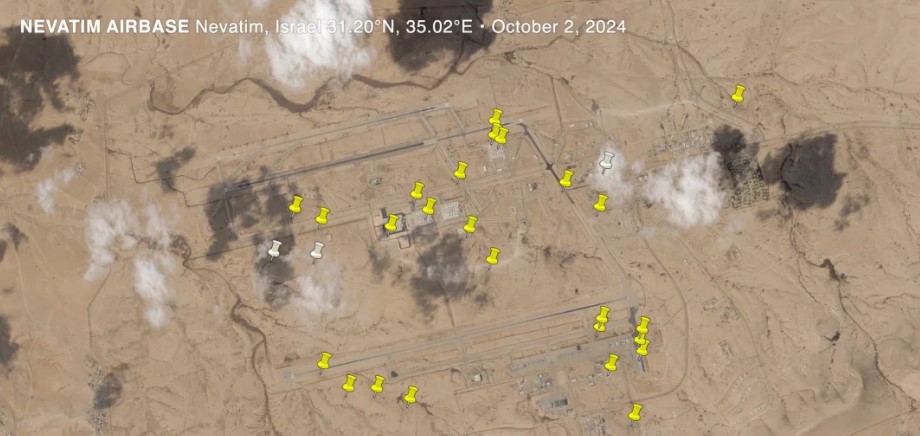
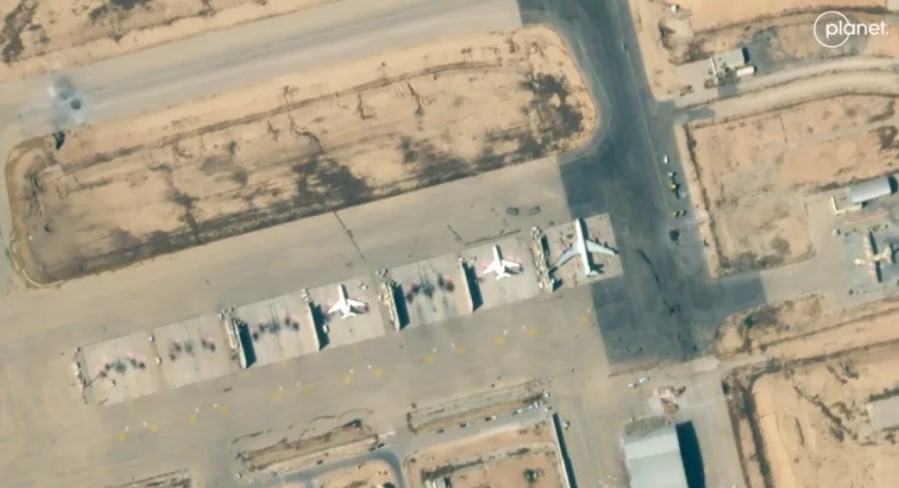
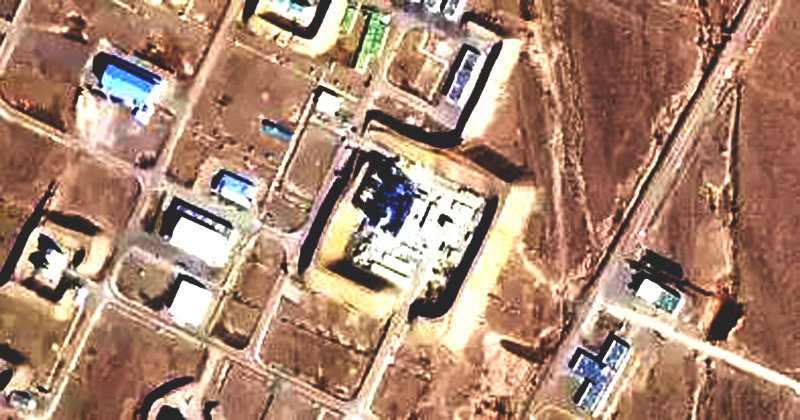
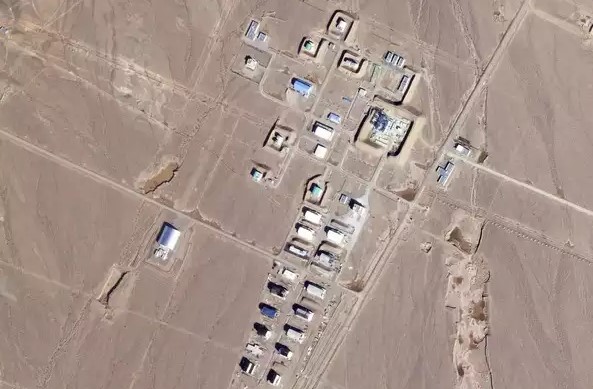
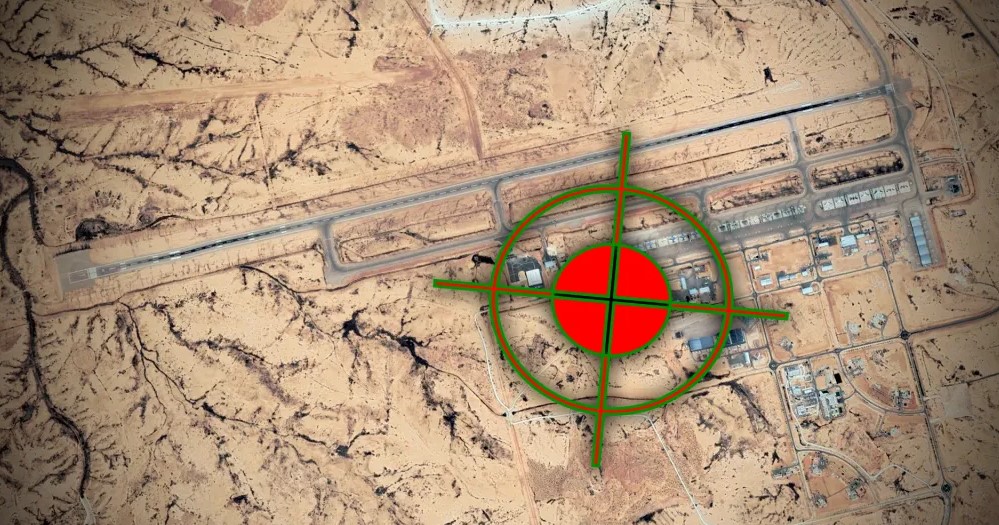
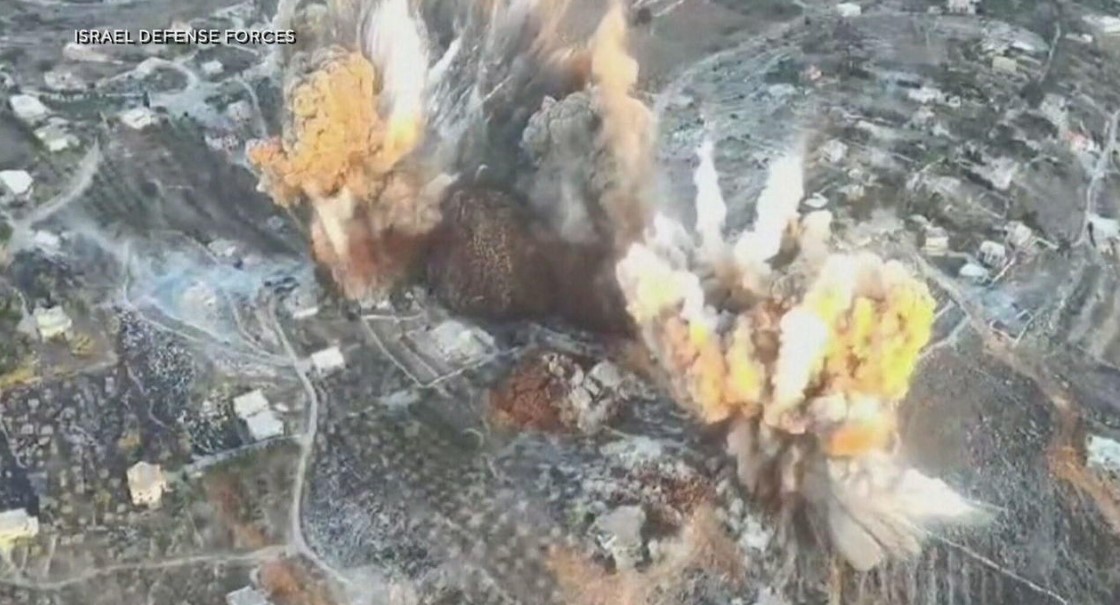
Maps Representing Israel and Iran
